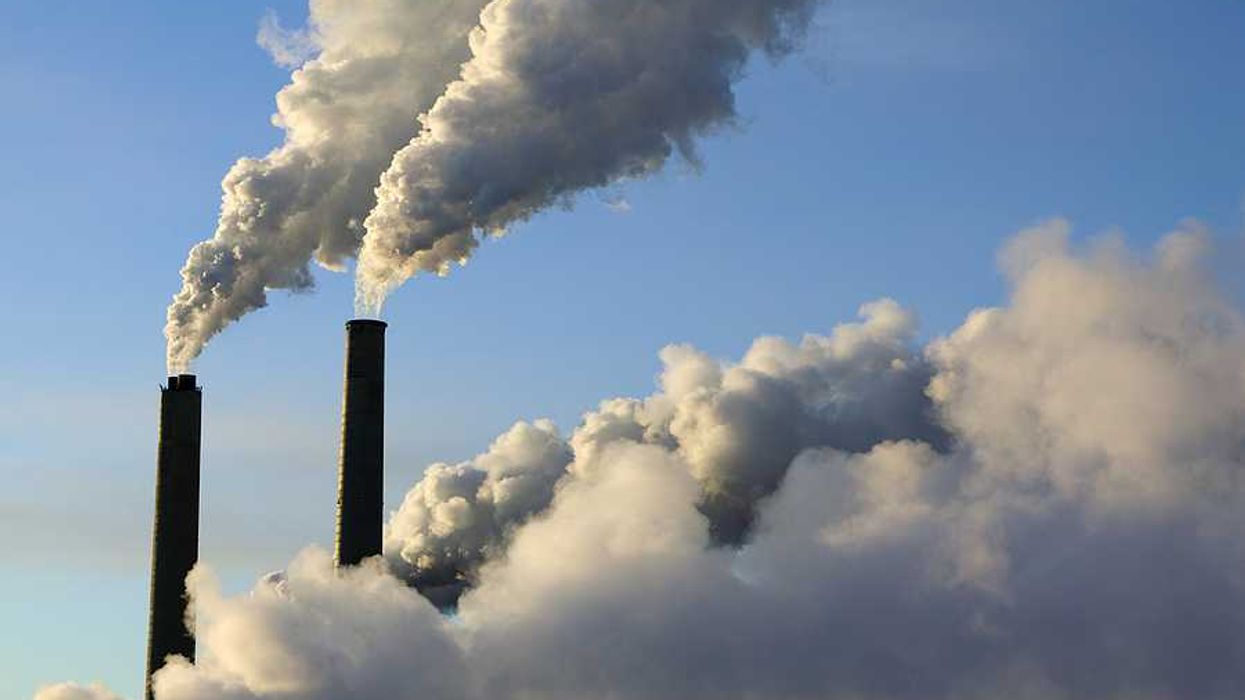India leads the world in macroplastic emissions, according to new research showing nearly 9.3 million tons of waste per year, driven by uncollected waste and uncontrolled burning.
Supriya Vohra reports for Mongabay.
In short:
- A study from the University of Leeds ranks India as the top global emitter of macroplastic pollution, with uncollected waste accounting for 68% of emissions in low-income countries.
- The research defines macroplastic as particles larger than 5 mm, released when waste leaves managed systems or undergoes uncontrolled burning.
- Global hotspots of plastic emissions were mapped across 50,702 municipalities, using machine learning to trace waste from sources like uncollected waste, littering and recycling rejects.
Key quote:
“Our study highlights the spatial location at which plastics pass from human controlled systems and into the environment. Our data will enable countries to target their resources where the problems are most acute.”
— Study authors
Why this matters:
Unmanaged plastic pollution threatens ecosystems and public health especially where waste control is lacking. This study’s insights can inform targeted interventions, especially as upcoming global negotiations on plastic waste approach.














